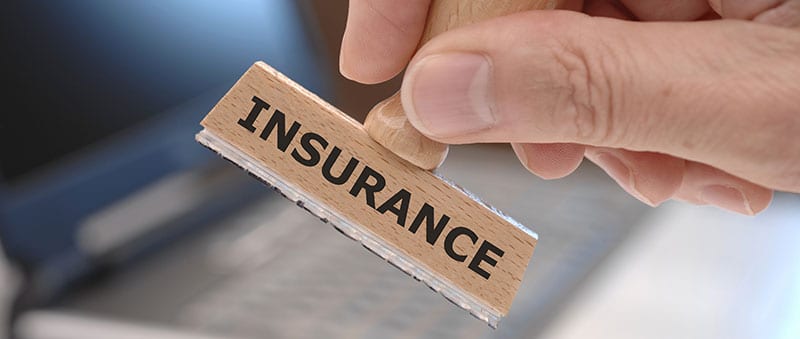What is PMI?
What is PMI? That’s a good question many first time homebuyers ask their mortgage professionals, and it deserves a detailed answer. Below, we’ll lay out for you what PMI is and, why, at times, it is mandatory to have with your mortgage.
PMI, or Private Mortgage Insurance is a risk management product designed to protect lenders against loss if a homeowner defaults in his or her mortgage. Almost all mortgage lenders require Private Mortgage Insurance for loans with a loan to value percent in excess of 80%. In other words, if the homeowner puts down less than 20% of the home’s value upon purchase, itI will be mandatory in order to protect the lender.
While this may seem like a nuisance, one must remember that the existence of PMI allows lenders to have the flexibility to offer home loans to customers who have below the traditional required 20% for a home purchase. This provides an opportunity to lend at a lower rate, but protects the lender.
While rates will vary, private mortgage insurance generally costs in the range of 0.25% to 2% of the loan balance per year. The percentage is calculated by analyzing your down payment, loan length and credit score. Simply put, the more you borrow, the higher the risk, the more you will pay.
It’s important to note that PMI does not last the life of your loan. When closing on a loan, lenders must notify buyers how long (in years and months) it will take to pay 20% of the principal. At that time, you can notify your lender in writing that it is time to eliminate PMI payments from your loan. Additionally, you can request a cancellation if your equity grows to 20% due to home price changes or because you’ve made additional payments. Normally, the lender will comply if you have a history of on time payments and no other large loans.
If you have any questions about PMI, speak to a mortgage professional or simply fill out the form below.

Have a Question? We’re here to help.
Simply fill out the form below.
[contact-form-7 id=”805″ title=”Blog Contact Form”]

